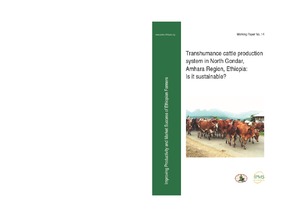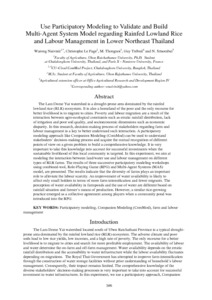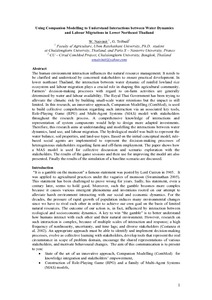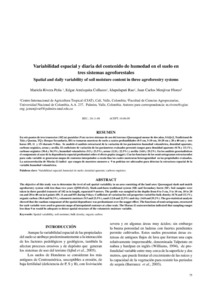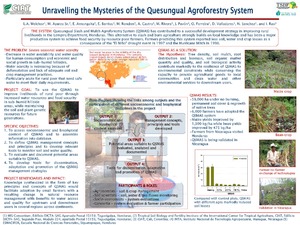The effect of Indonesia's economic crisis on small farmers and natural forest cover in the outer islands
Twenty million people live in or near Indonesia' s natural forests. The country's humid tropical forests are primarily in Sumatra, Kalimantan, Sulawesi, and Irian Jaya. A devastating regional economic crisis that began in mid-1997 affected Indonesia more strongly than any other country in Asia. A random sample survey of 1050 households was conducted in six outer island provinces to understand the effects of the crisis on the well-being of forest villagers and on their agricultural and forest clearing practices.



